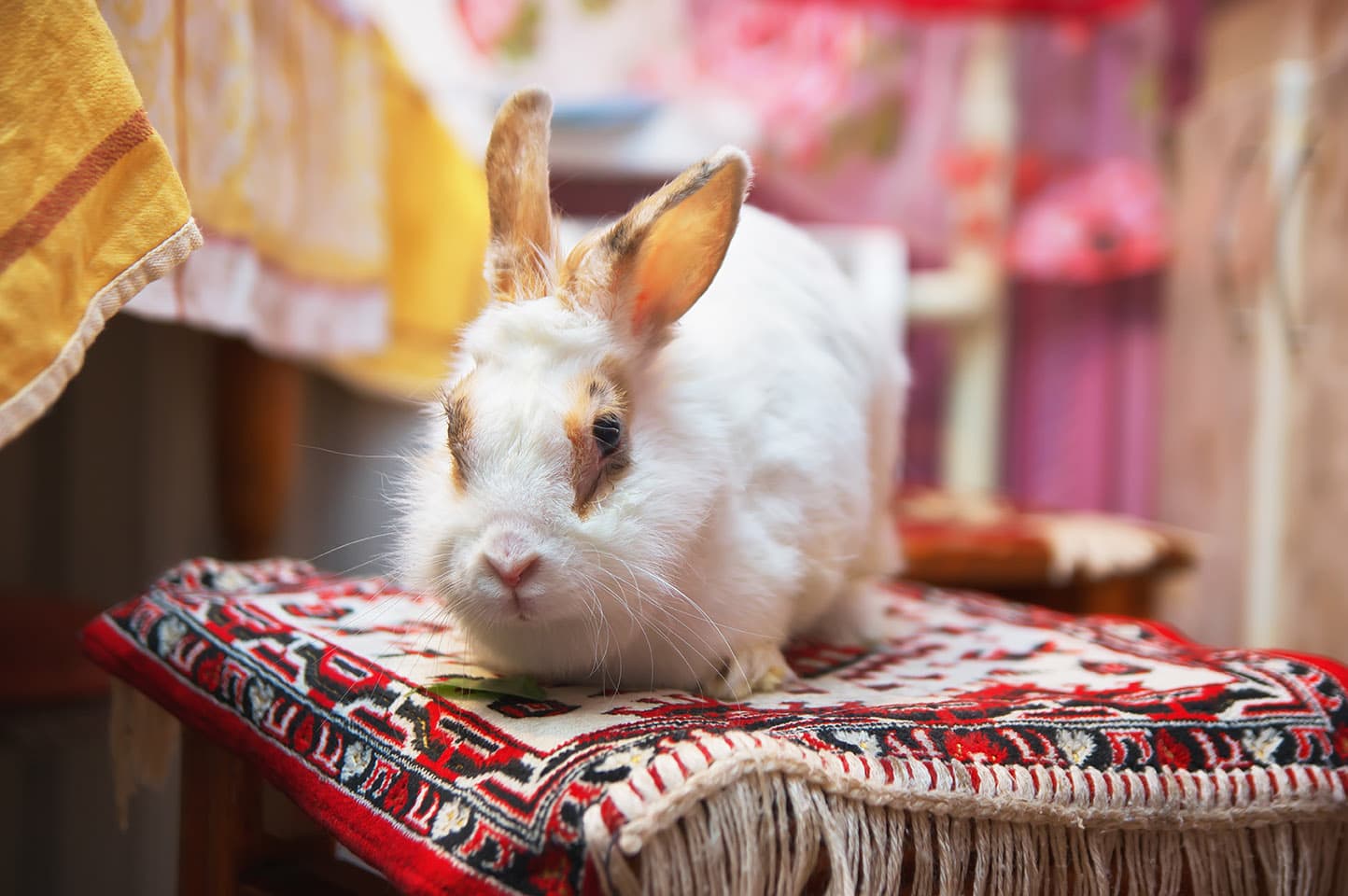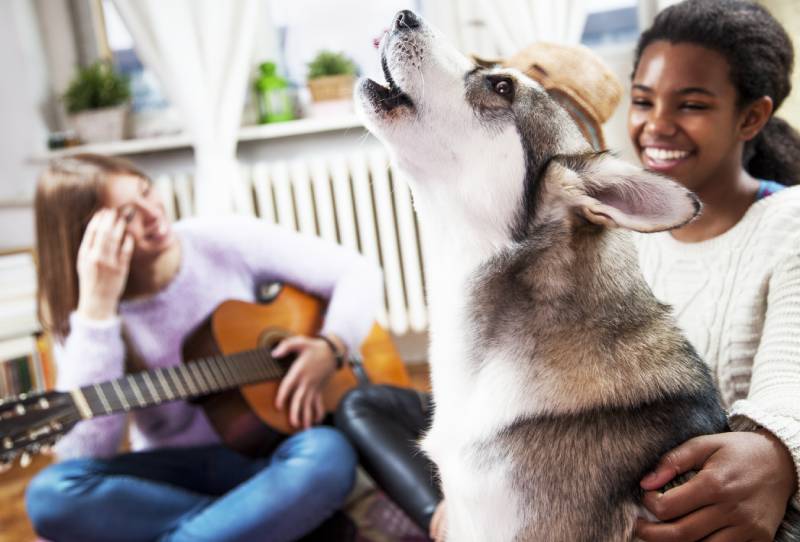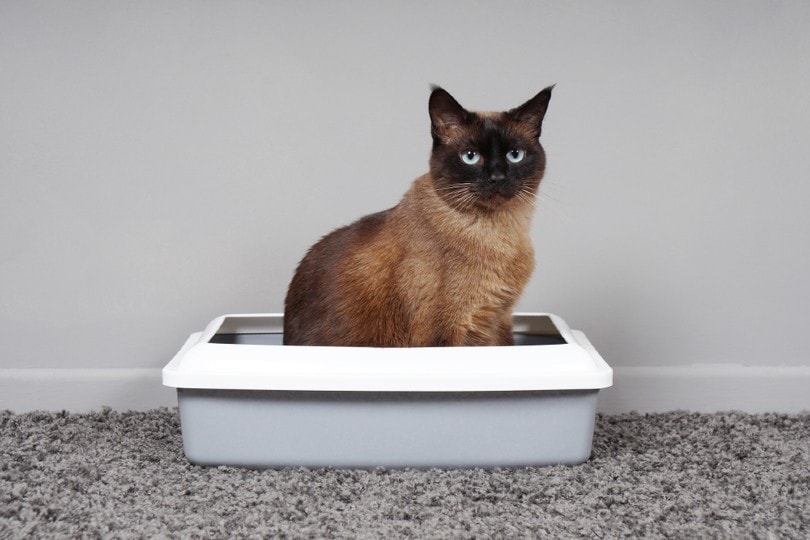VET APPROVED

The information is current and up-to-date in accordance with the latest veterinarian research.
Learn more »You love your bunny and know how much they enjoy their floor time and space. If you’ve recently been searching around online, you might’ve caught on to people who are creating entire rooms for their rabbits.
If you have a spare room or a section that you could use for your bunnies, we’re going to walk you through how to make the whole set up front to back. Ultimately, the design will be up to you!

Find a Suitable Space
You don’t necessarily have to devote an entire room to your rabbit. But a rabbit room will need a decent amount of space. You have tons of options to get creative here. Once you have the spacing figured out, you need to make sure that all of their belongings will fit nicely in the space.
No matter where you set up your rabbit’s space, make sure that they always have hay available, as well as cozy and secure hiding places. Your rabbit will also need a heavy, sturdy water bowl that they can’t tip over.
Catalog Your Materials
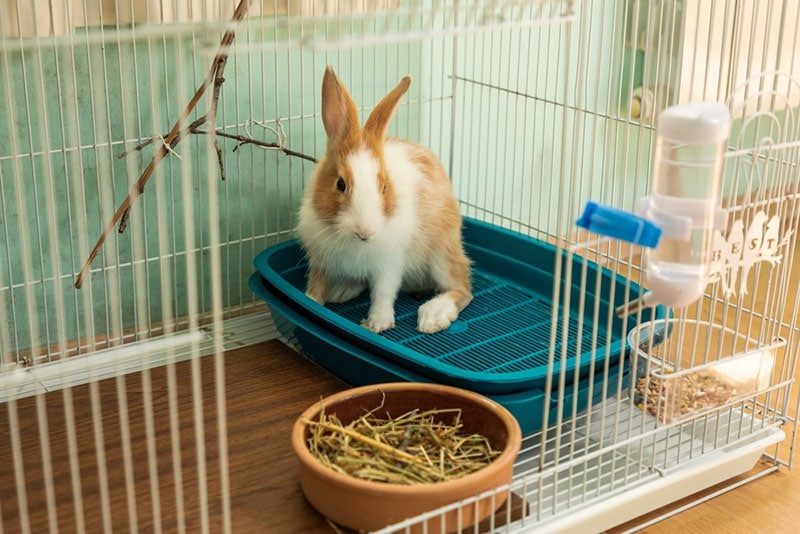
Materials will be up to you depending on the type of rabbit room you plan to make. If you want to section off a part of your home, you will need a few things to get you started. Depending on the plans you’re following, you need to make a detailed list of necessary supplies.
Decide on Levels and Placement
Your rabbit is going to want to run, jump, and play. To give them adequate activity time, you want to create multiple levels, hideouts, nooks, and crannies.
There are many pop-up boxes, platforms, and ramps that you can provide to your rabbits. Some can be made at home with a few simple supplies, while others require in-store purchases.
The entire concept of giving your rabbit more room is to provide them with more fun things to do. Your rabbit should have various activities and stations to keep them occupied and safe.
Secure the Flooring
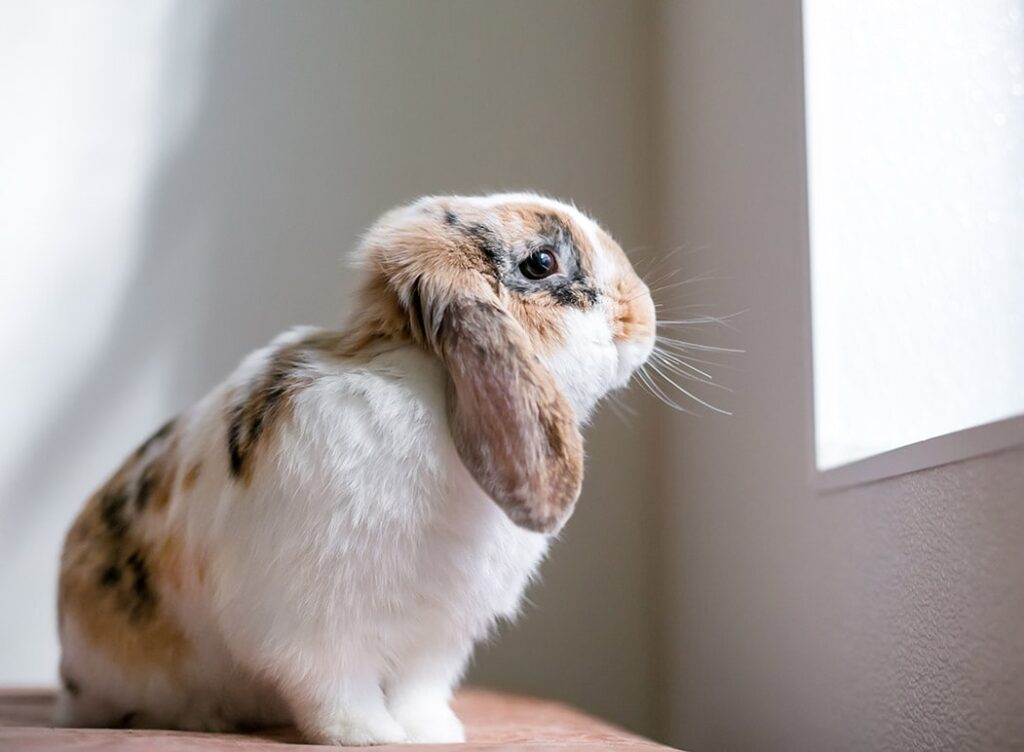
Because of the room for accidents and masses, putting something down to protect your flooring is absolutely essential.
If you are putting your rabbit room in an area with carpet, you need to make sure that no waste or debris will seep into it. Rabbits’ natural chewing behavior poses a risk, as ingesting carpet fibers can lead to severe gastrointestinal problems, including potentially fatal blockages, due to their inability to vomit and sensitive digestive systems. Furthermore, certain carpets, particularly those with loose loops or a thick pile, can snag their nails, causing painful injuries such as torn nails or broken toes. To mitigate these risks and protect the flooring underneath, placing a mat made of plastic or rubber in the rabbit area is highly recommended.
Litter Training Rabbits
If your rabbits have an entirely private room, you might be surprised to know how easy it is to litter-train them. The larger the space, the larger the work. You’re going to have to clean up their droppings continuously.
They will be scattered all over the cage unless your rabbit channels their bathroom habits to a specific space. If you’re interested in litter training rabbits, the process might be a little bit simpler than what you would imagine.
Rabbits can pick up litter training due to their natural desire to potty in a particular area.
Much like a cat, you can provide your rabbit with a litter box to do their business, and you can sift through and change it out as needed. That will help to keep your rabbit’s little room tidy and fresh.

3 DIY Rabbit Room Ideas
1. Cooper the Pooper DIY Rabbit Room

This Cooper the Popper DIY Rabbit Room goes over the materials and process for making an awesome rabbit enclosure. There is no video with step-by-step instructions, but if you’re construction savvy, you can fill in the blanks.
The blog walks you through the list of materials you need to get started. You will have to buy wood, have tools on hand, and have experience with building. By the way, it’s crucial to ensure the wood used is untreated and safe for them as some natural woods such as pine and cedar release oils that can be toxic to rabbits and some of the chemicals used to treat wood are also toxic. Focus on non-toxic, safe, and untreated woods like Applewood (from untreated trees), Willow, Birch, Maple, or Poplar.
2. DIY Bunny Cage

In this YouTube video, you will see a timelapse of a large indoor bunny room for your pal. This DIY bunny cage is easy enough to put together, although the video does not list materials or exact measurements for each piece.
This option would be perfect for someone who knows a bit about craftsmanship and is able to replicate what they show. They include every last detail in the video to give you a good mental image of what you will need. The ending measurements are 75” x 32” x 30”, but you can tailor the project to fit your space.
3. Live Sweet Blog Indoor Bunny Enclosures
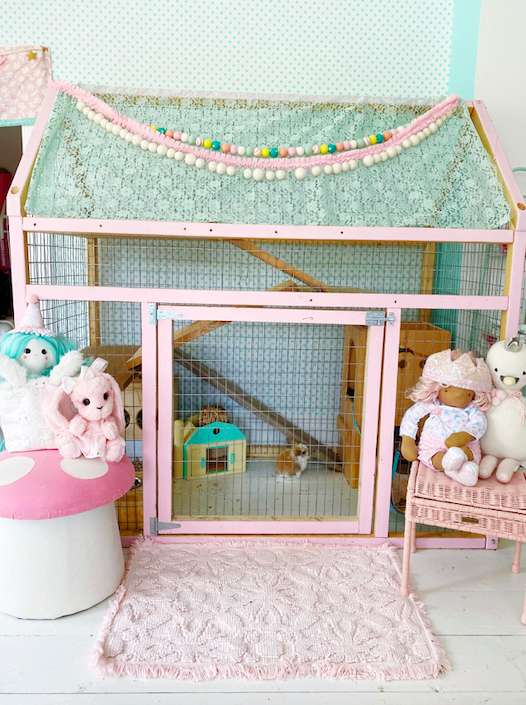
The Live Sweet Blog Indoor Bunny Enclosure page gives you many repurposing ideas for your rabbit room. They show examples of old hutches, dressers, and other furniture pieces—turning dated furniture into banging homes for your bunny.
Depending on your preference, you can create open concepts or cages. This course teaches you how to make your rabbit room private or spacious. Again, before starting any project, it is important to ensure that the materials and paints are non-toxic for your bunny.

Final Thoughts
No matter the setup you pick, you can make a safe haven for your bunny. There are tons of exciting ideas all over the web. You can make it as intricate or simple as you wish, but one thing is for sure—your rabbit will appreciate the extra space.
If you litter train your rabbit, it’s all the better. It will make your clean-up duties so much easier, allowing the enclosure to stay sanitary.
Featured Image Credit: G_O_S, Shutterstock
